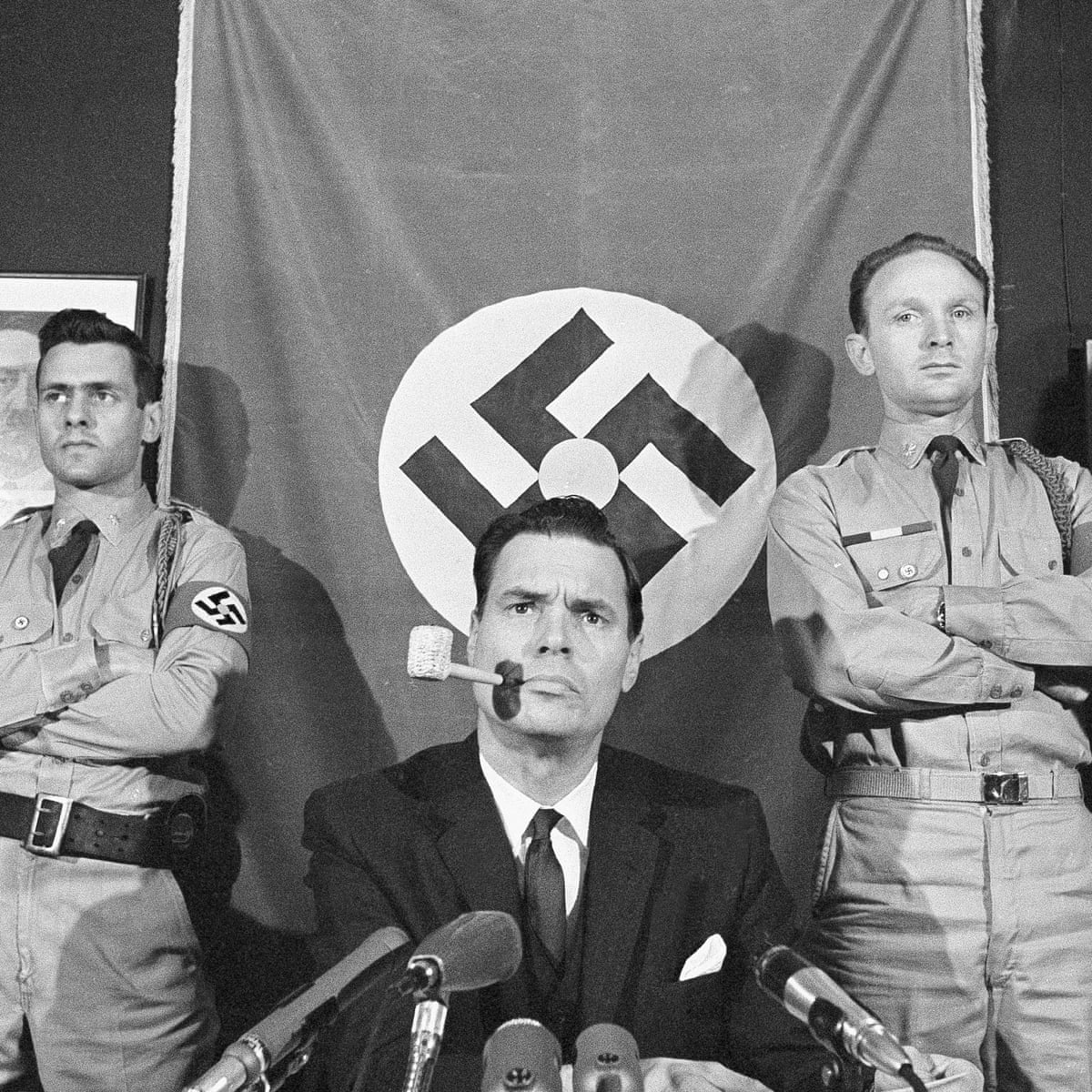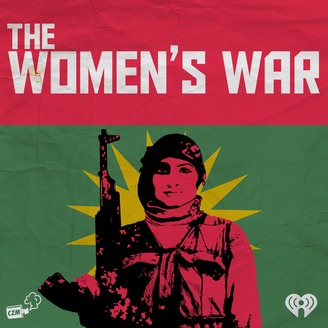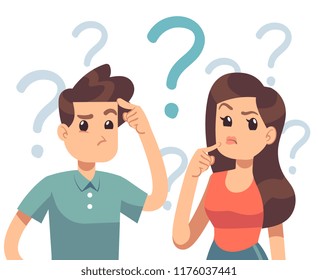I believe a big part of the recent spike comes from the culture of sports, and specifically college football. College football is the holy grail of sport in the South and much of America. As one of the biggest cultural institutions in the country, they were going to go about their seasons like the virus was a nuisance and not a deadly disease that could wreck our entire health care system and lead to the deaths of hundreds of thousands of people.
I believe the sports media at large has dropped the ball on responsible reporting and holding the university presidents, athletic directors, and coaches accountable for the continued spread of the novel virus.
Of all the sports, the NHL and NBA's "bubbles" worked best. With almost a zero rate of infections once players were in the bubble, both hockey and basketball were rightly celebrated as models for the current environment. Baseball however barely got their season started and was consistently mired by a bitter back and forth between labor and management, with multiple stars and players questioning whether or not to have a season without a bubble, and the virus repeatedly infected players.
Fittingly, at the end, third baseman Justin Turner, who would test positive the day of winning the World Championship with the LA Dodgers, would be told he needed to go into immediate quarantine so that he didn't spread the new highly infectious novel virus with no cure, and as of yet, no vaccine, to anyone else.
He complied until he simply didn't care anymore. As he would later describe, he was overcome with emotion in winning. He would later apologize days later, understanding he not only put his teammates at risk, but unintentionally, every teammates' family at the end of the season.
Sure, I guess they "tried" to do the right thing, but it was always going to be by their rules. The professional leagues are run by billionaires who care more about money more than anything else. The illusion that any of this is for the benefit of society writ-large and not for the indulgences of those in the owner class has been paramount to ignoring the dangers of the virus. While certainly professional sports deserves its fair share of criticism, no one should be more ashamed of their actions than the NCAA, the schools who led the charge for a football season, and the media who let it happen.
College athletics are supposedly about amateurism and education, giving opportunity to those athletic geniuses to come to a school and potentially develop other talents and become working professionals if their opportunities to play in the NFL or NBA becomes sidelined. That is what the public is generally sold by the NCAA and its institutions. A win-win scenario that benefits both school and student-athlete.
In reality, in most power house programs, student athletes are treated like employees, their scholarships 1 year renewable contracts that can be taken away with the discretion of coaches and administrators. They are expected to perform for the school, drive up revenue and publicity, and get donors to get out their wallets and STAY OUT OF TROUBLE.
The pressure being put on these 17-24 year-old young men, by coaching staff making millions of dollars and in control to a large degree of their futures, is completely different than the pressure being put on a kid that comes from a family with enough wealth to comfortably invest in sending a kid to school to study at his/her own pace.
As early August approached, many scientists stressed that this would be the time to really make sure we continue to do the right things, to not let our guard down, and to treat this pandemic seriously, even with the possibility of a vaccine coming sooner rather than later. To continue to stress mask wearing as well as washing of hands. They were recommending we not see our parents and friends and family for the holidays, and reducing human contact and shared air-space as much as possible.
Football, a sport requiring 22 people on the field at a time, often in close proximity to one another, was the worst possible sport to try and coordinate effectively. Teams and coaches would have to choose between having great practices with little alteration and risk the consequences of the disease, or have incredibly altered practices that might affect the play on a given Saturday. Would you choose a method carrying more risk to spread the virus such as an in-person skill technique demonstrations? How long would you spend with players to ensure proper techniques and methods are used?
The players would, essentially, be asked to save the school from a financial hardship and be the ambassadors of the University during a pandemic. Risking their health, as well as the health of people they know, with the trade-off being you get to play football this year, potentially giving you a chance to improve your draft-stock and/or accomplish goals such as a championship or a trophy.
Policy changes were made to help make it possible for opt-outs and potential extra years of eligibility, but only a few of the elite prospective pro players and those that were alerted to high risk medical conditions would end up sitting out. The bulk of the players, predictably, wanted to play the game that to them felt normal. If they got sick, they promised to isolate. They all promised they would keep doing as best they could to keep each other and their communities safe.
One could hardly fault them. I certainly won't.
But the universities HAD to know, despite all the their best intentions, about the potential of local hospitals being potentially overrun, people within their communities, friends and loved ones might be dying to this grim disease, all while playing a game that fosters its very spread.
And so too did the sports journalists.
As the numbers in August remained high, The Big Ten would be the first major football conference to end its season, stating quite clearly that the science and data that they looked at was not worth risking so much life for a momentary experience. Yes, they would lose money. No, it's not what anyone wanted. They believed that this was the right decision. The Pac-12 would do the same soon after, and many were waiting on the schools from the SEC, ACC, and Big 12 to follow suit.
Only they didn't.
The SEC, ACC, and Big 12 as well as a host of smaller schools in more conservative states looked at the same data and decided it would be worth playing, worth risking lives and exploiting the potential absence of two power conferences as they could dominate the airwaves, collect television money, and give the appearance that they did things better in their region than the Big Ten or Pac 12.
So, they went ahead and played, and while certainly fans from the south were overjoyed, the media that would be covering those games, and would have content to for it's audiences, were overjoyed as well.
ESPN's College Game Day crew, specifically SEC alumnus Rece Davis, David Pollack and Paul Finebaum excoriated the decision for the Big Ten not to play. They made it seem as though the Big Ten must be impotent or uncaring if the SEC could pull this off and the Big Ten couldn't. In the dark recesses of the web there became bizarre conspiracy theories that the Big Ten and Pac-12 were doing this to somehow hurt Donald Trump. These theories even breached the mainstream on occasion finding its way into local radio shows and podcasts.
The Big Ten and Pac-12 were now on the defensive. If they held on that they were not going to play, and the schools from the other conferences did, they would be at a decided disadvantage in terms of recruiting, donors, and fans in at least the short-term.
The sports media and fans crushed the Big Ten for erring on the side of safety, the schools like Clemson, Alabama and in LSU's case celebrated for having the virus infect their kids, and have them
come back and not being deterred. There was open dissent within the conference, as football coaches, whose players and rabid fan bases absolutely preferred a season, spoke up about how they felt this decision might not be the right one.
This was at a time where we were at a bit of a crossroads. The virus was seeming staying low, at roughly 30k new cases per day, and approaching the low 10k case mark per day average that was the goal of Coronavirus task force.
But on our television, the sports media had decided for us that sports and our escapism to feel good, would be more important than lives lost to the continued spread. When Notre Dame upset Clemson, and a sizable student crowd rushed the field, it set up conditions for an obvious spreading event, and promoted a message that the virus was not serious.
Of course the kids could be forgiven, but what about the administrations and the journalists that covered it? They went about it all with kid gloves.
Notre Dame was "disappointed" by the rushing of the field by the student body, but it was certainly rang as one of the most hallow rebuke's in history, bearing in mind that the whole school saw its President flagrantly flout the rules at the swearing in of Amy Coney Barrett just a month earlier. The media was largely quiet on the issue. A tweet here or there, and an article briefly mentioning the potential spread, but mostly, it was what it was, and there was nothing that could be done.
By and large, the disease and the season is simply treated like a relatively glum idea by the sports media rather than a serious threat to life. The announcers regularly comment about missing the fans and how bummed out they are, begrudgingly admitting that limiting seat capacity or not admitting fans is something they "have to do".
This allows the audience to not think of the disease anymore as the killer that it is, but a temporary setback for most that will only affect those that are weak. In fact, the more it seemed football players kept playing, kept getting sick, and kept staying alive (for the most part) the more it seemed that the virus and the daily death toll must not be that big a deal.
This escapism allows us to tolerate the system, it allows us to normalize something that is not normal. It allows us to feel like, if 4,000 or 5,000 people die to the pandemic on the day my team wins a National Championship, in fact, even if it becomes clear our actions and ideas fostered its spread, it will still be worth it.
Dabo Swinney ranked Ohio State 11th in his rankings, strictly on the penalty of not playing games due to Covid. The message couldn't be clearer. Dabo pushed his team to play through the pandemic as often as possible to get wins and games that would put them in the best possible position to win the Championship. He couldn't care less about the disease and it couldn't be more obvious. He cares about winning and nothing else.
Rather than calling out the heinous level of disrespect towards the virus and those trying to protect society from it, the media largely viewed Dabo's comments as a slight against Ohio State or the Big Ten. They are missing the bigger and more important picture.
Covid-19 hasn't gone away. Even though a vaccine is coming, even if your political candidate won or lost, Covid-19 is still here. We need to be at our most vigilant right now. We need to be at our most honest with each other right now. And the best people to deliver that message right now need to be the people who are paid to speak truth to power.








